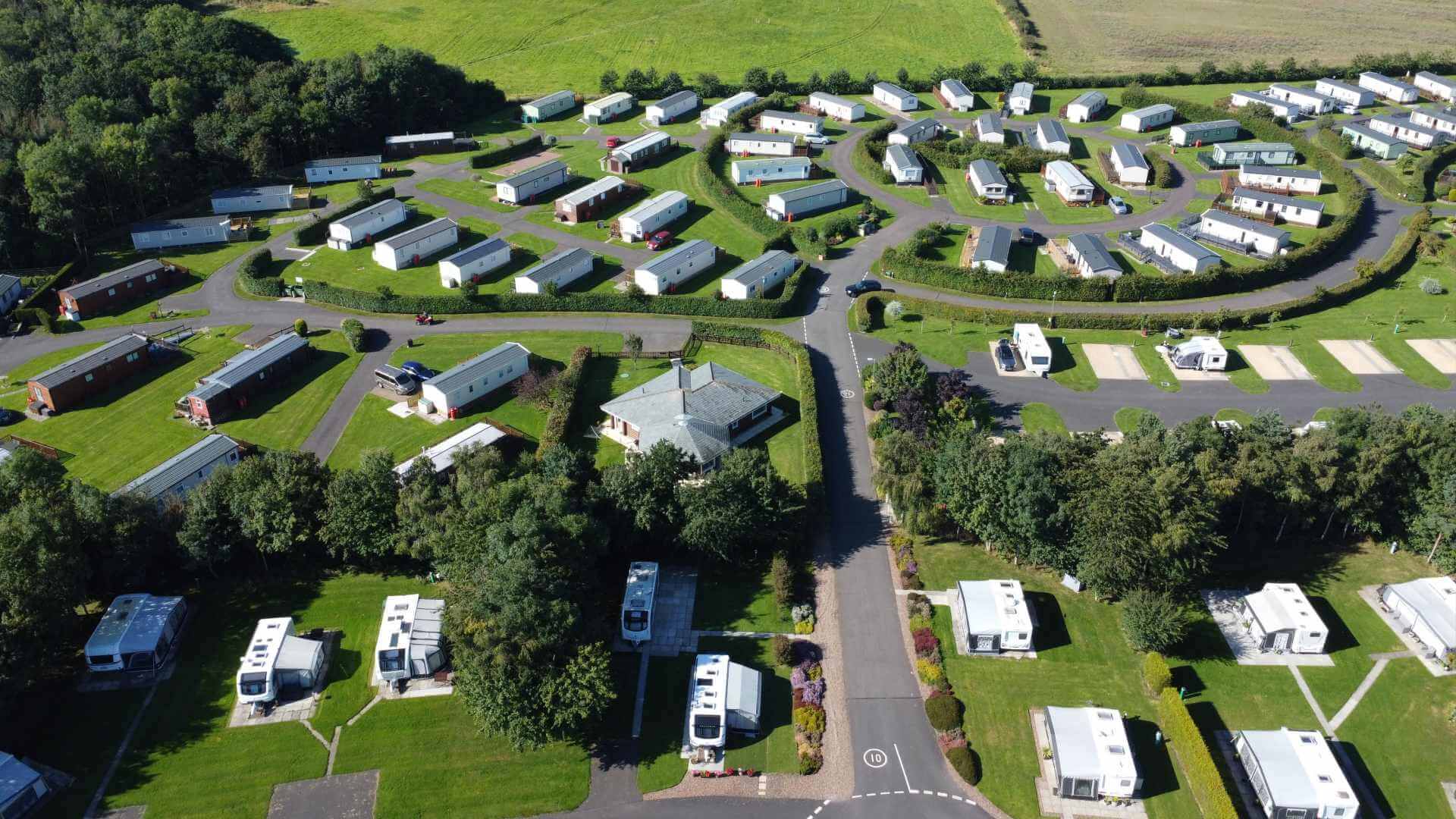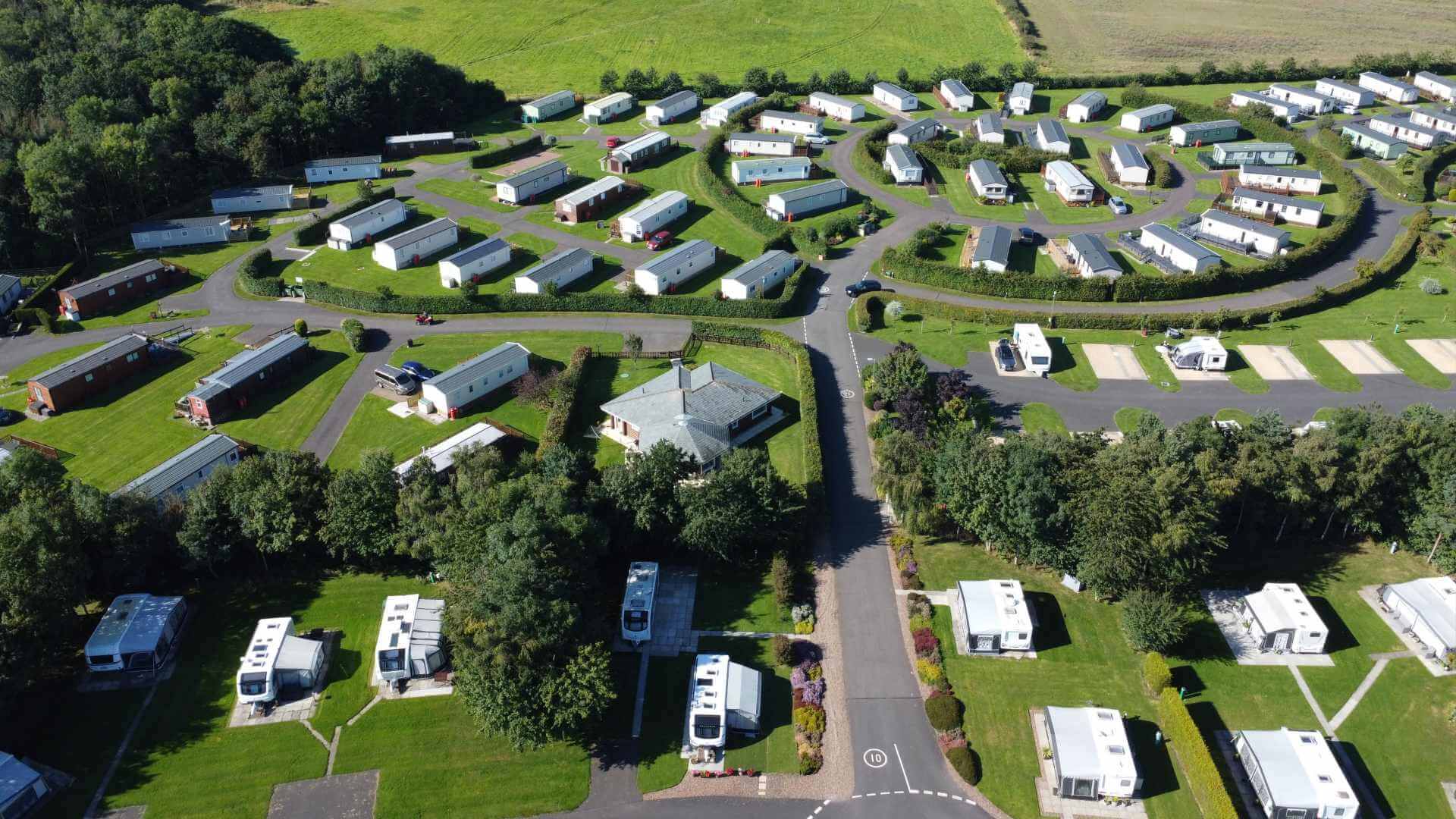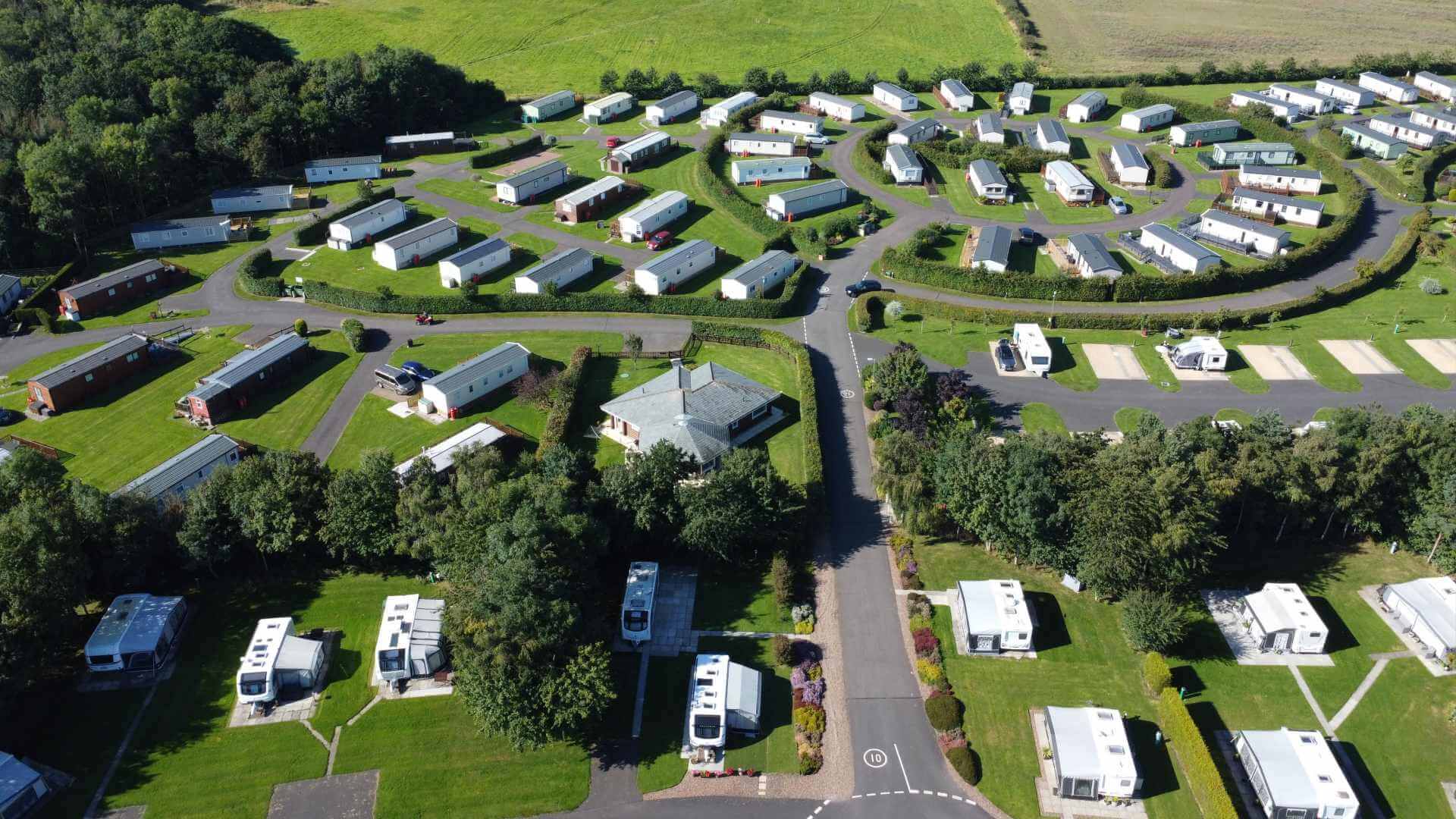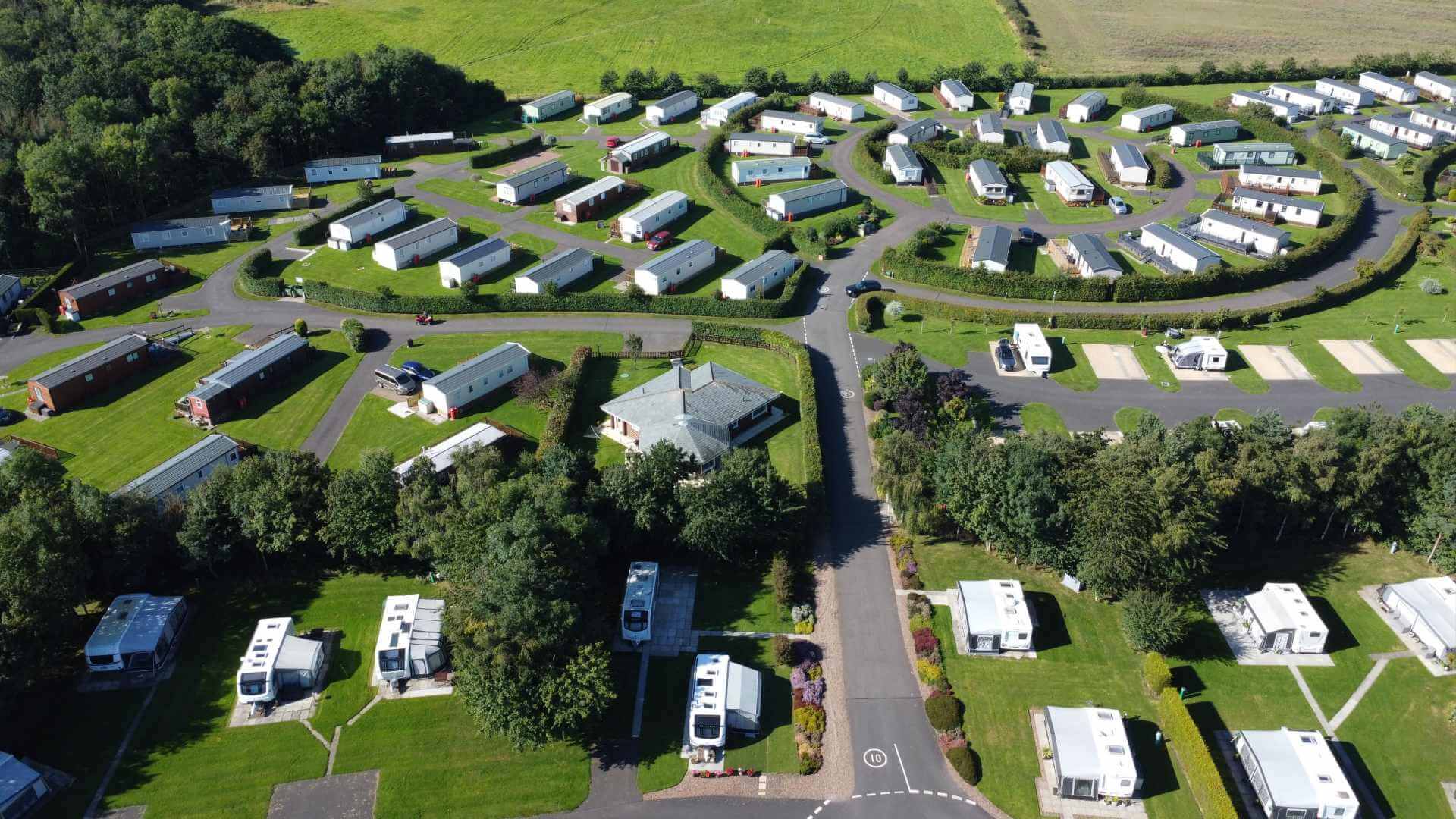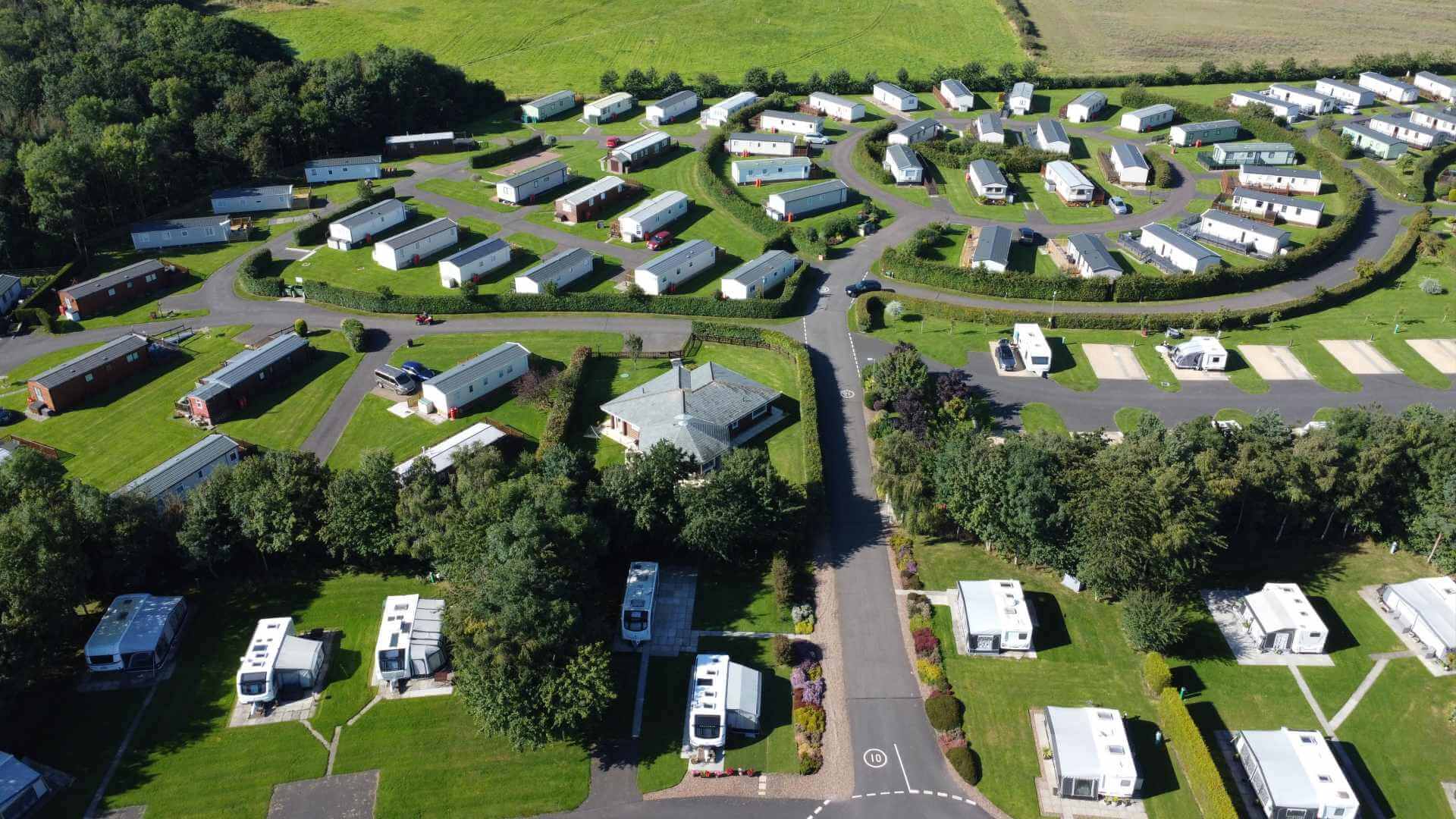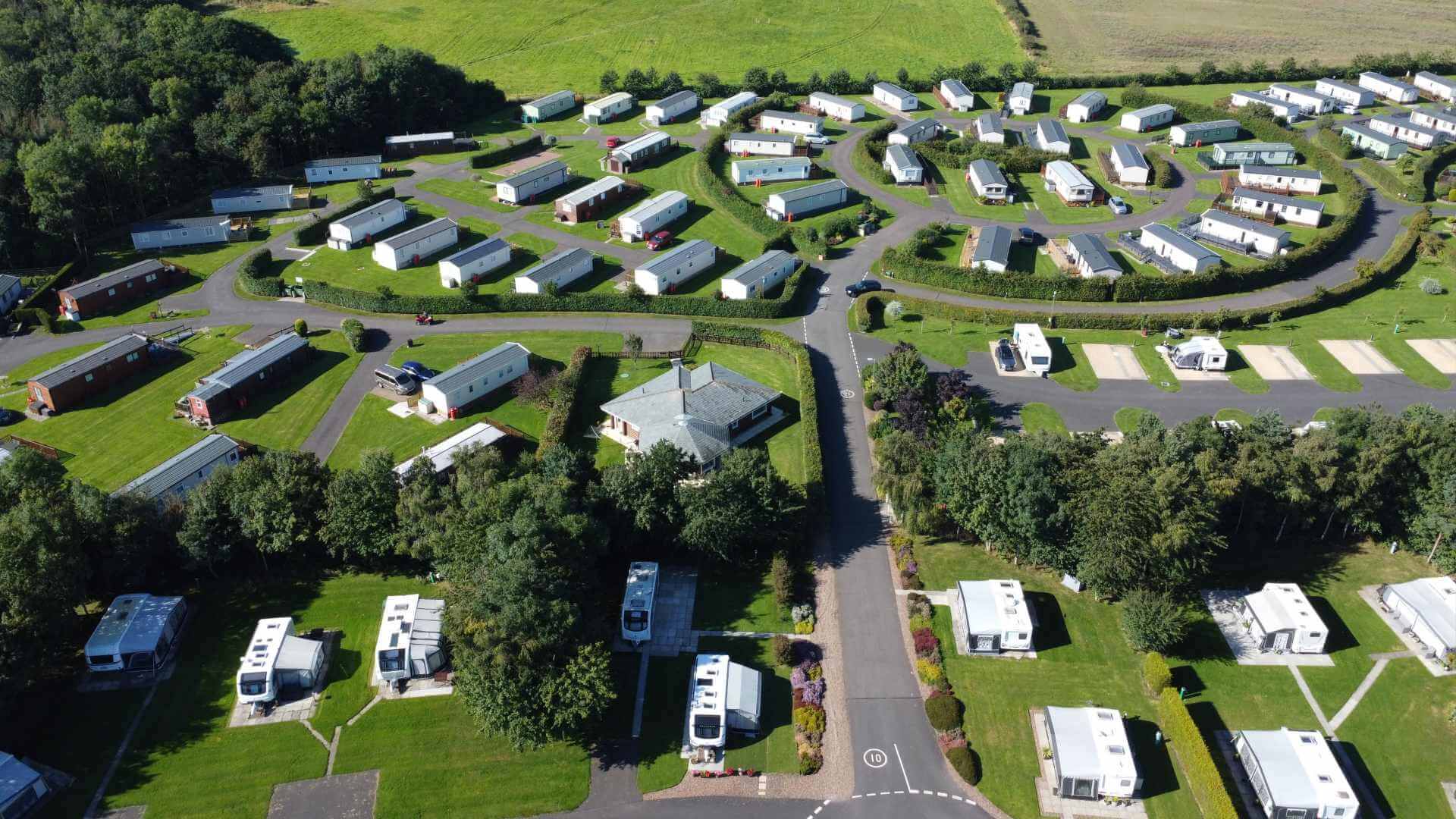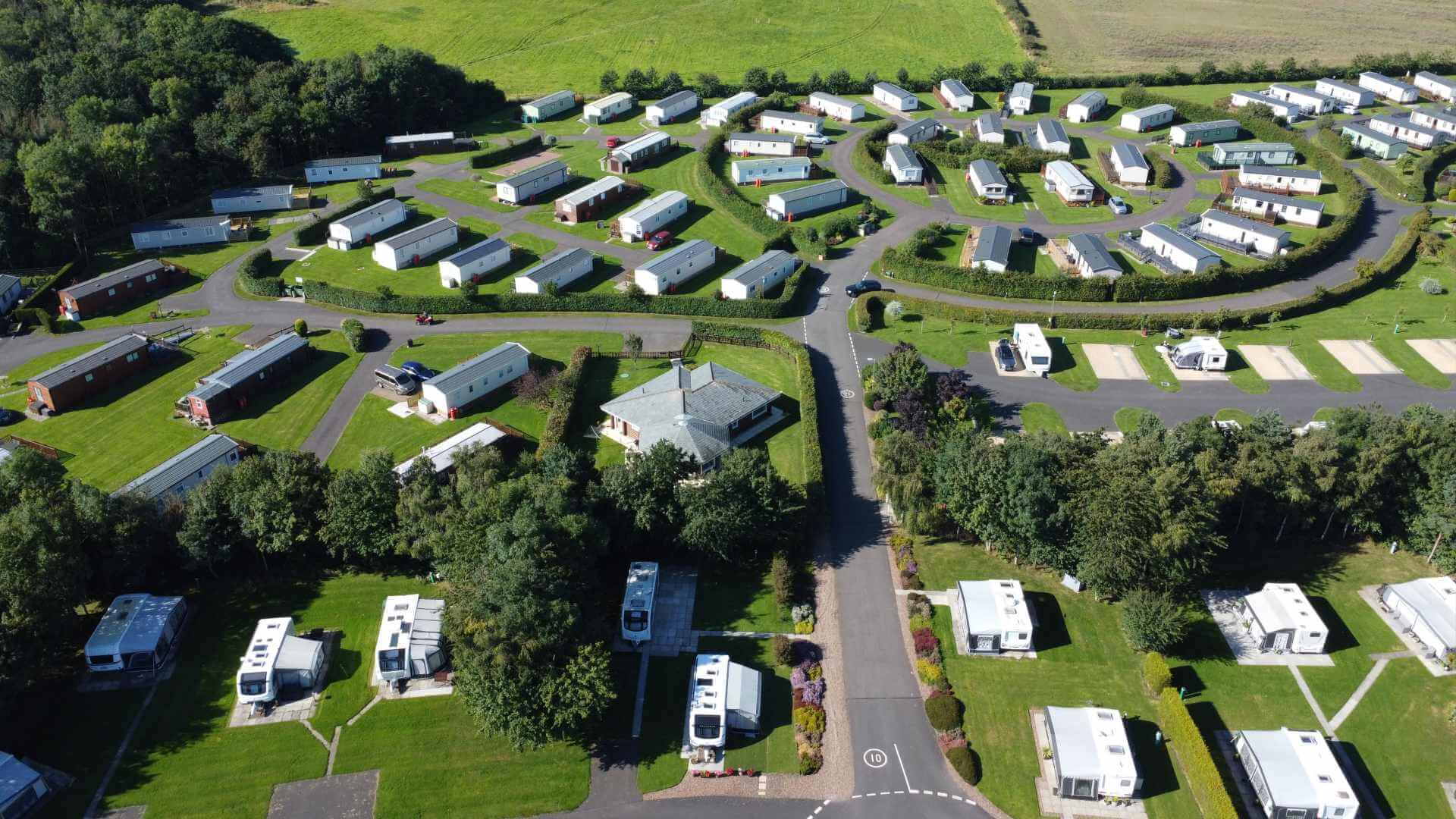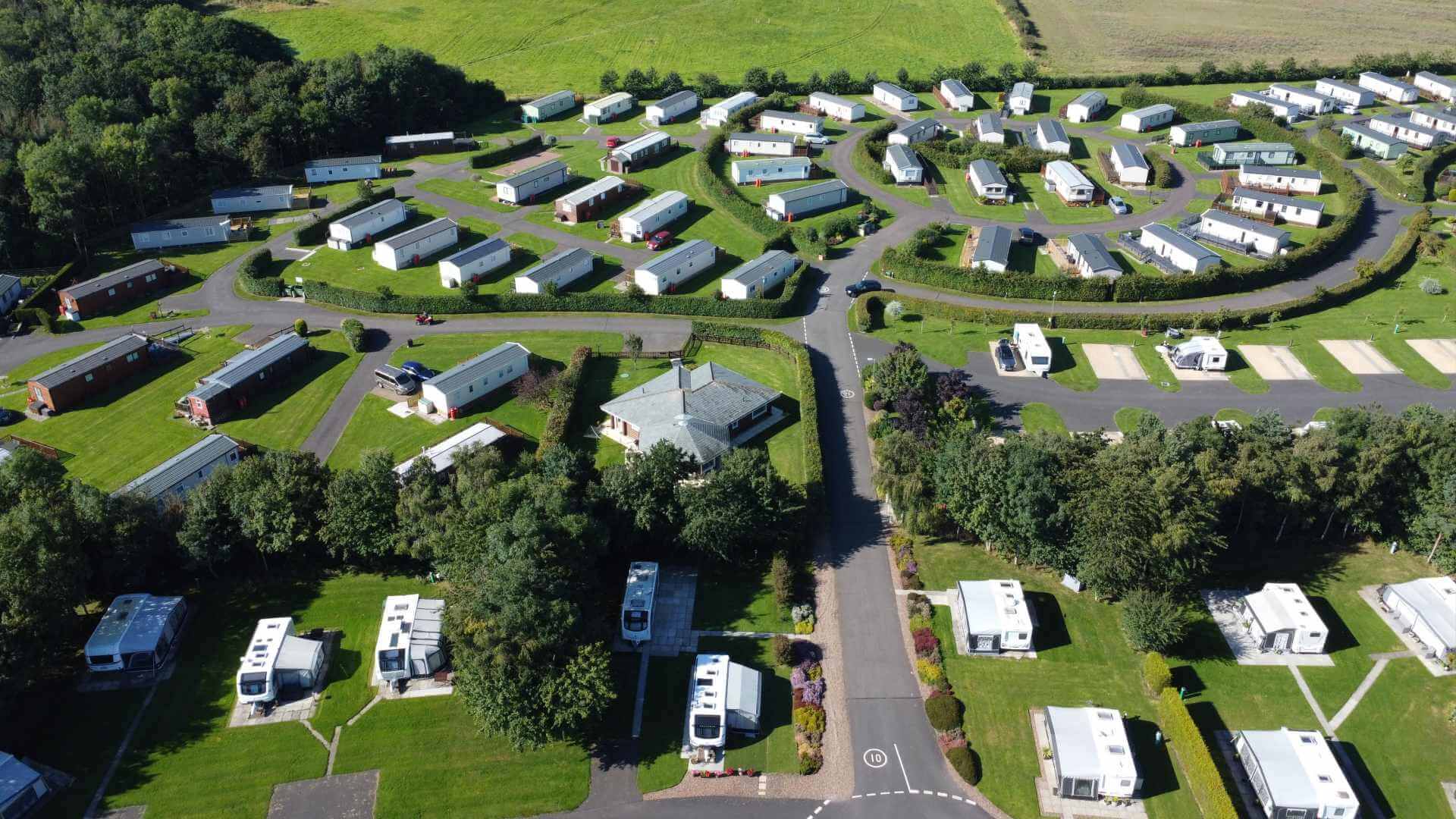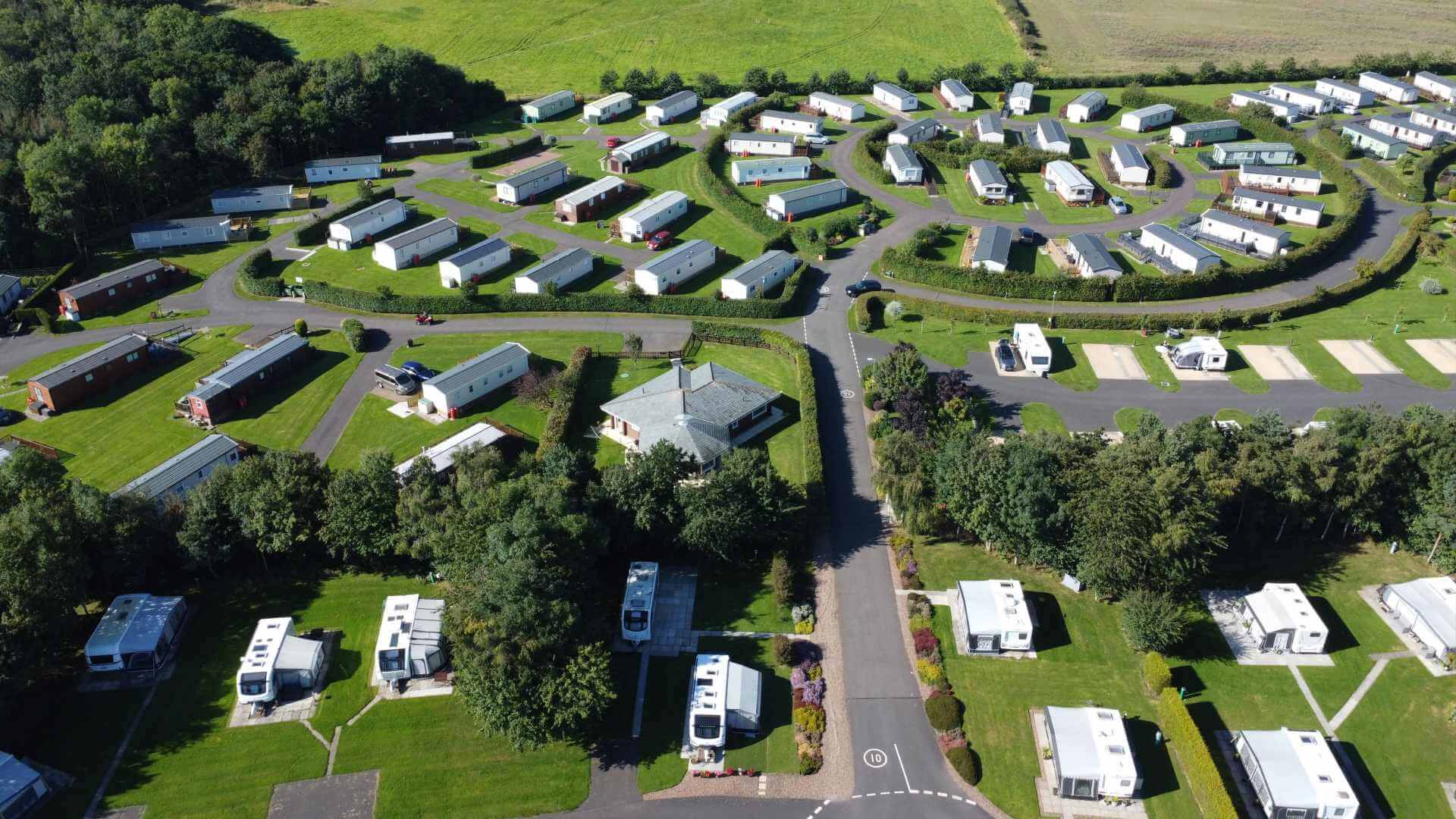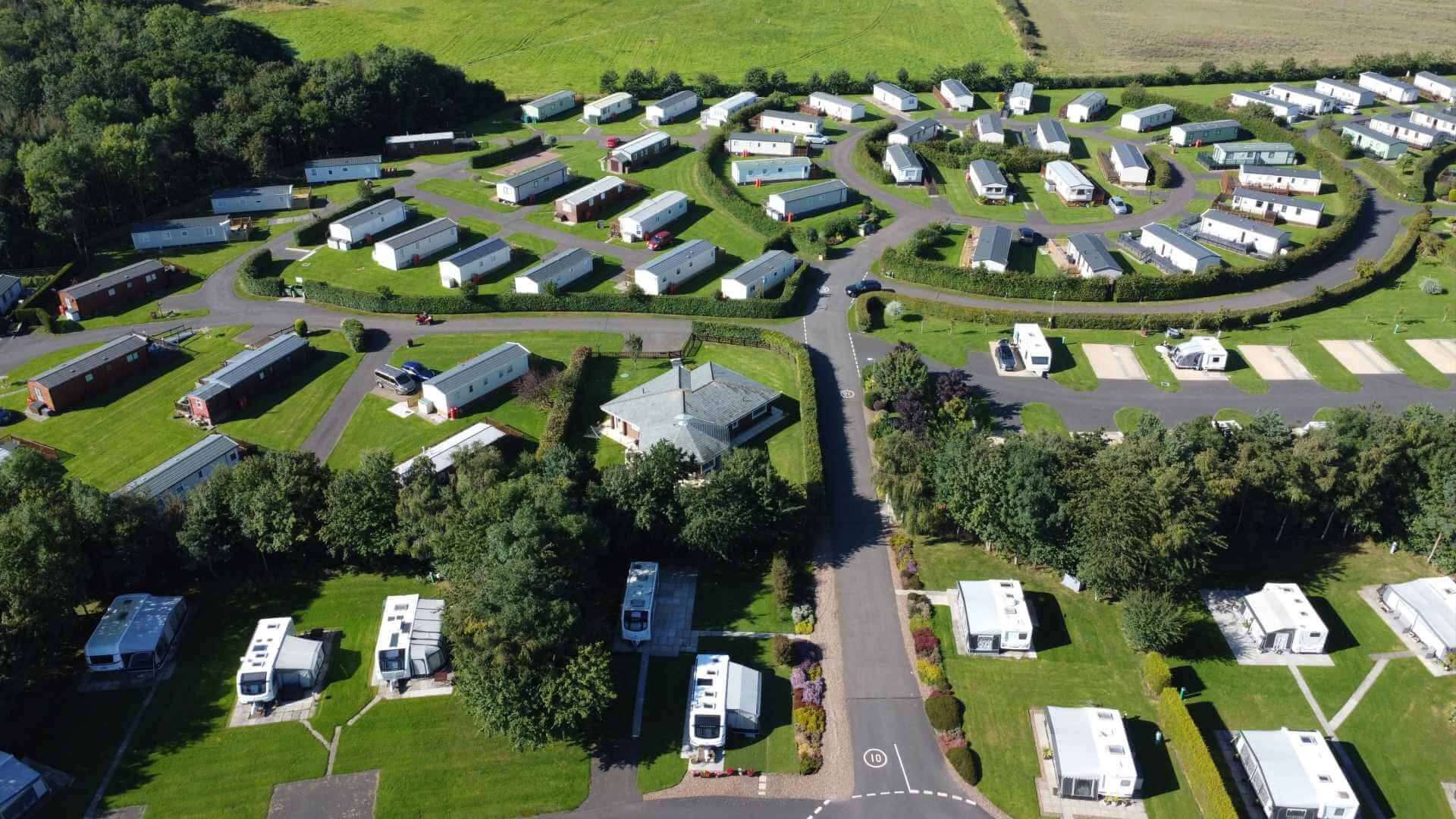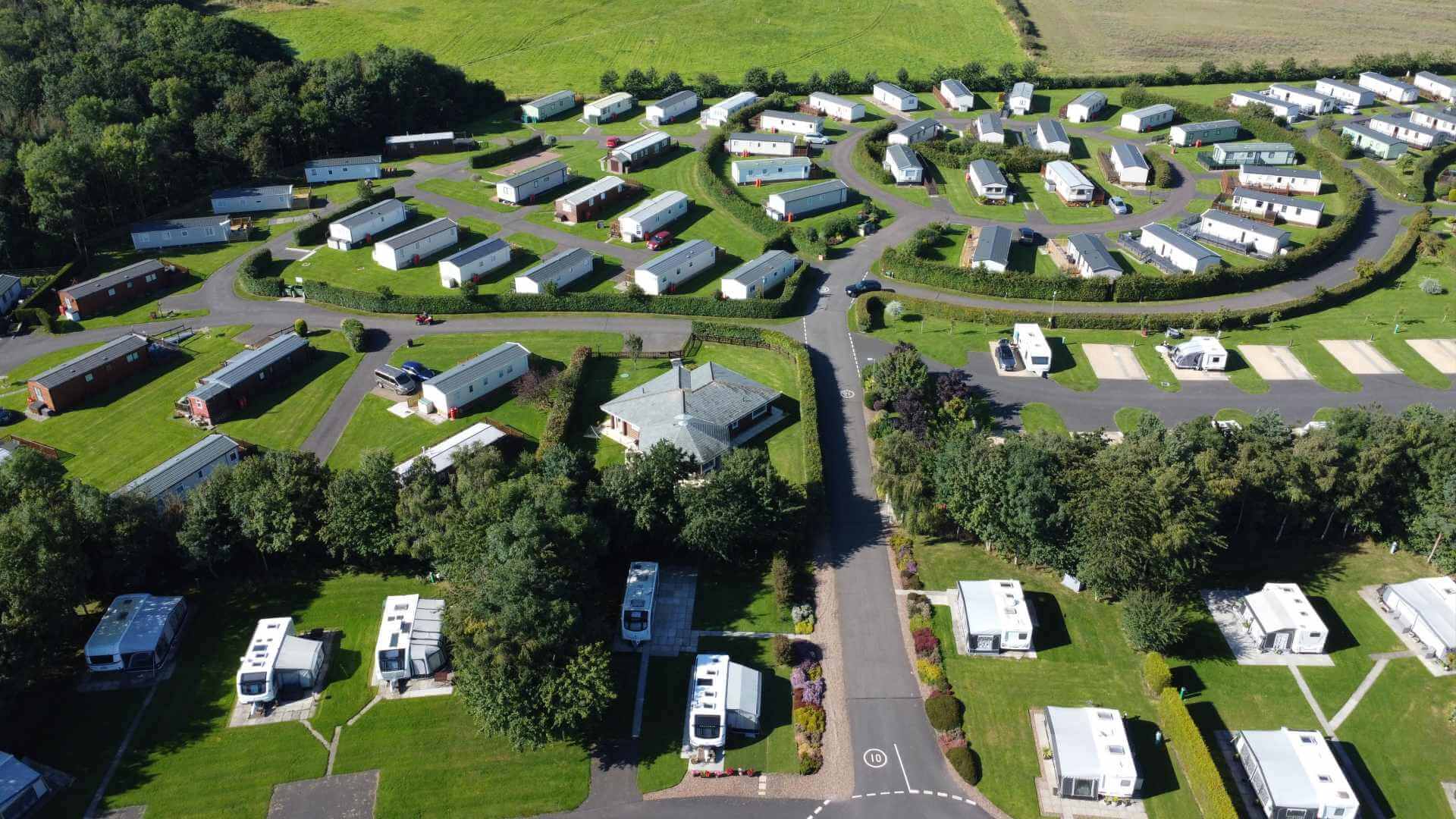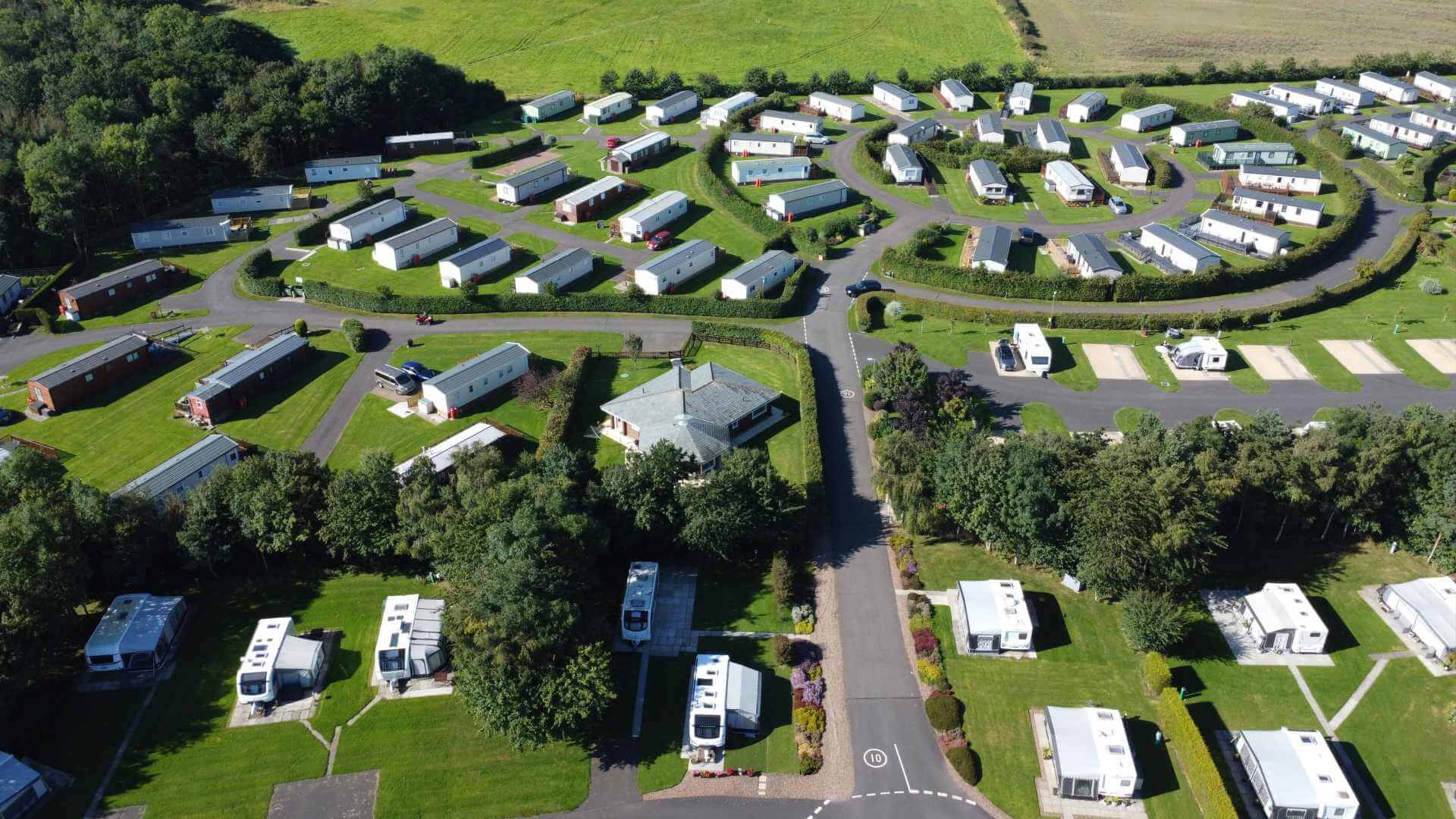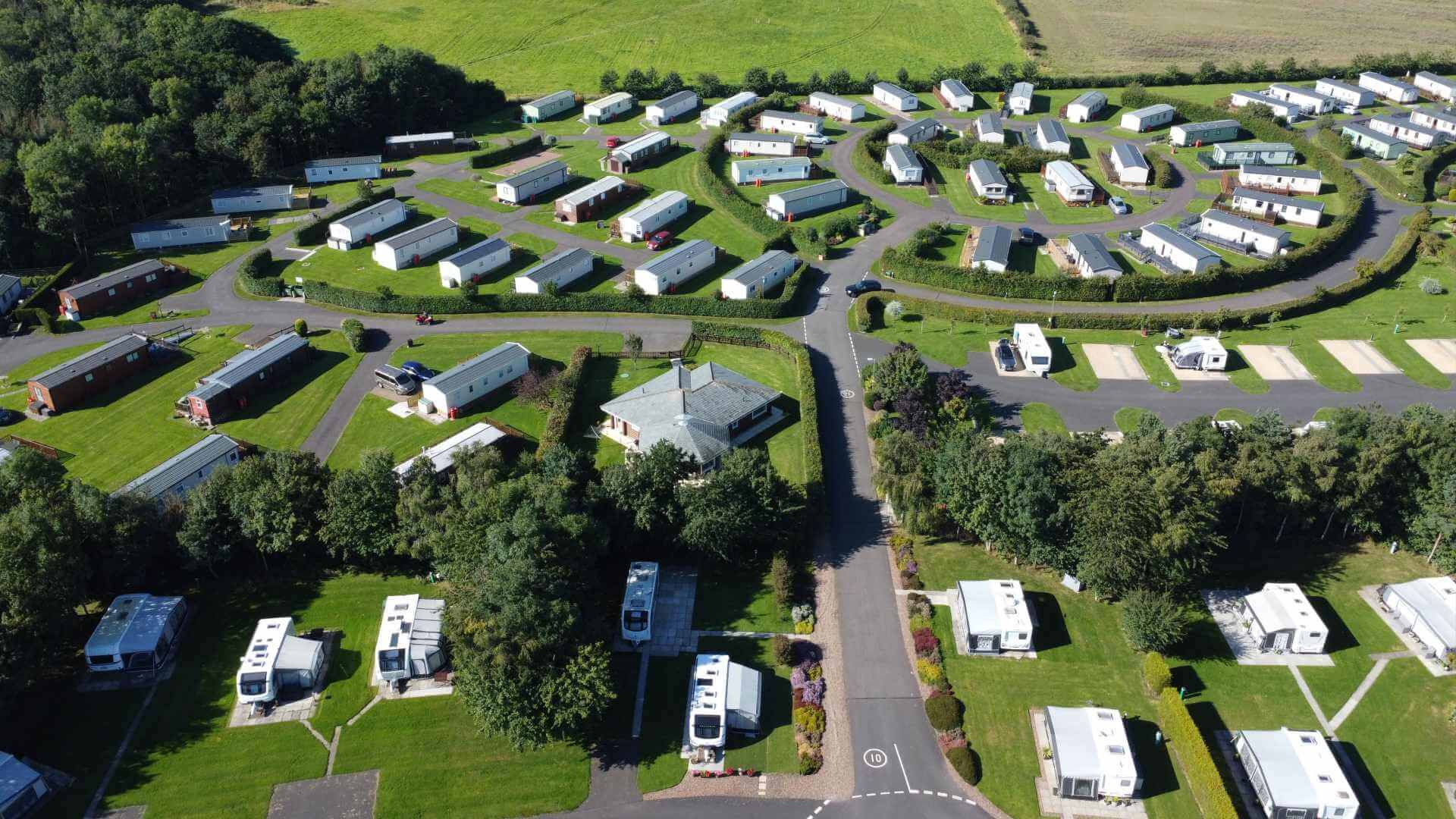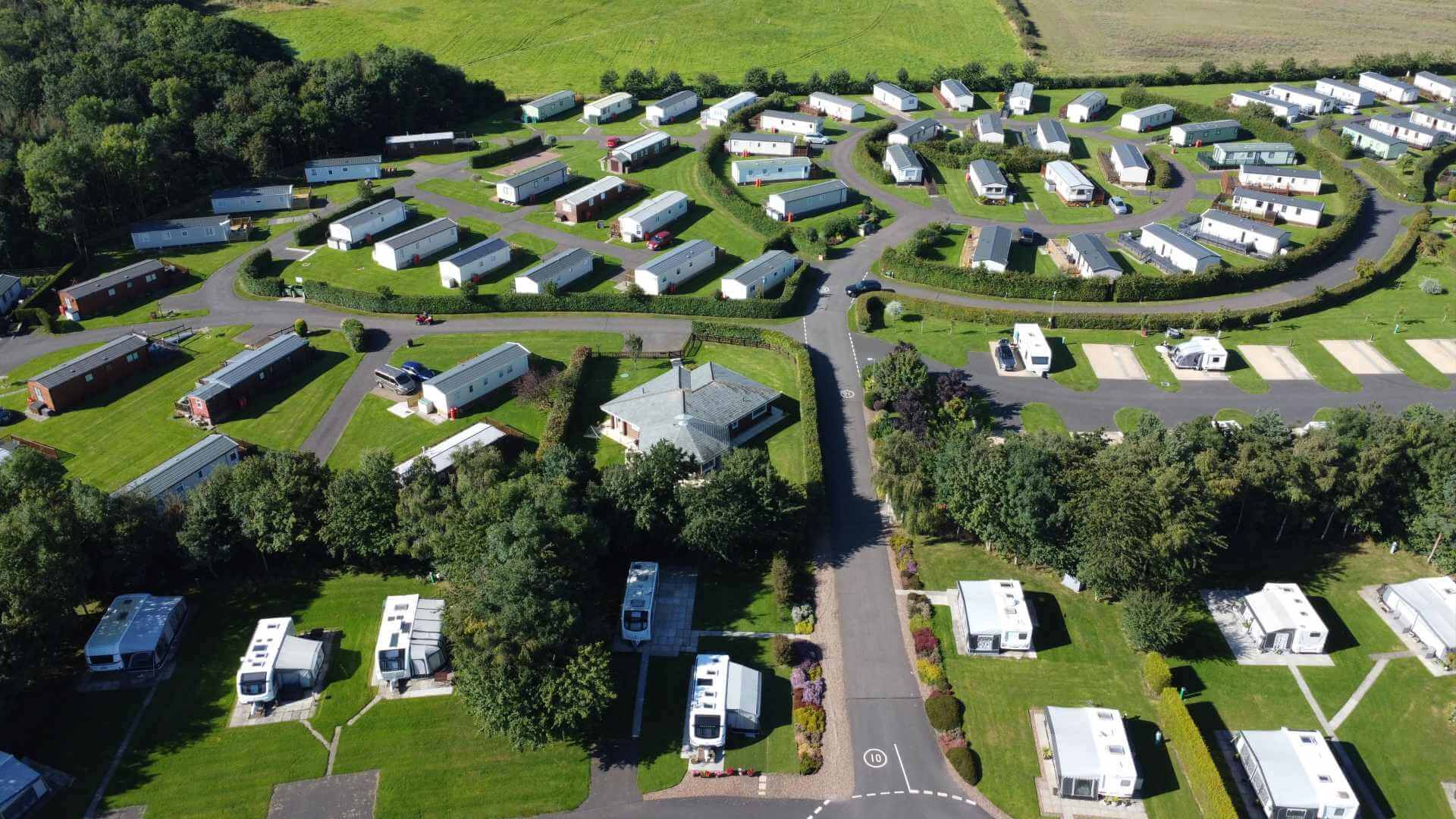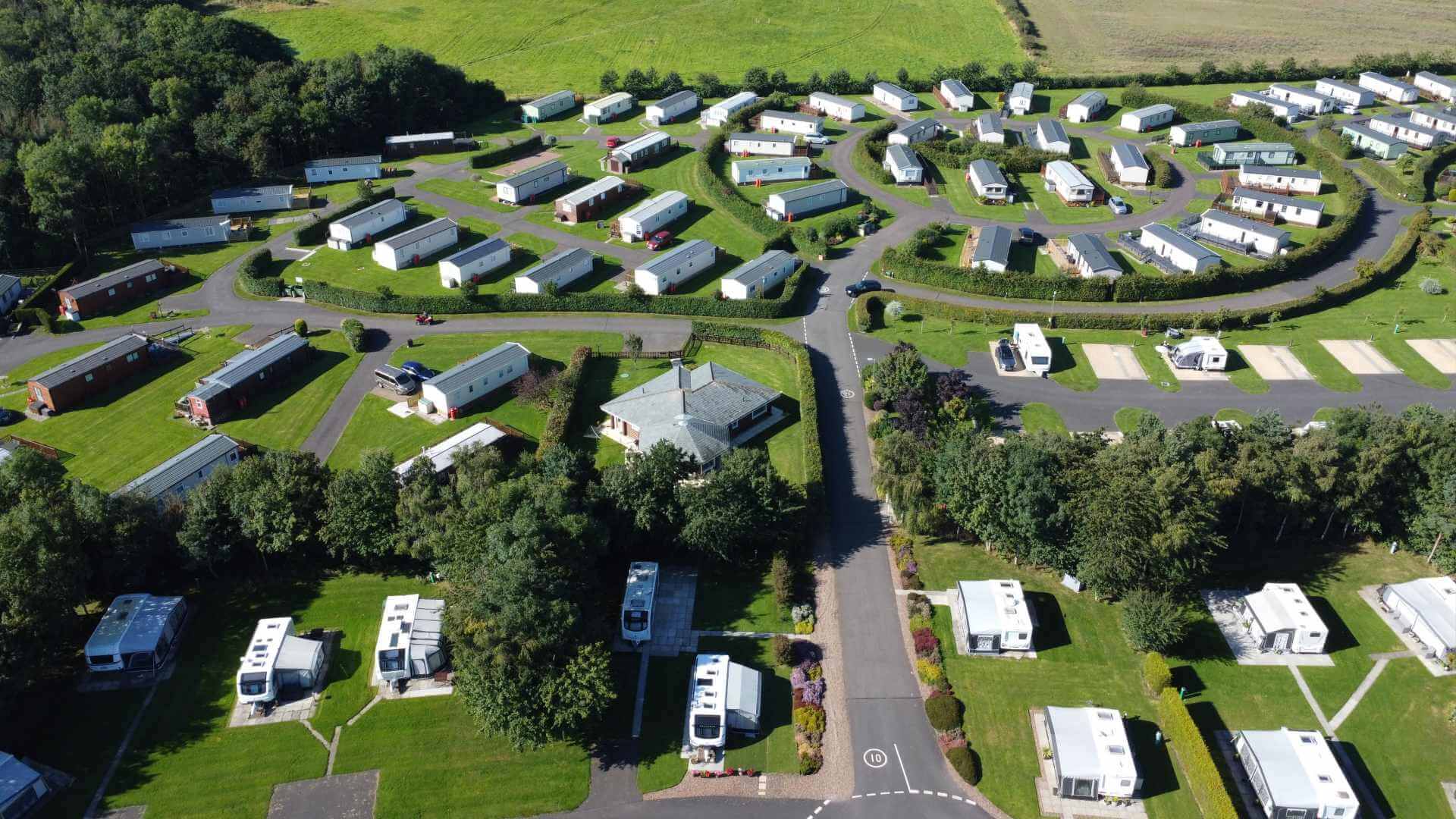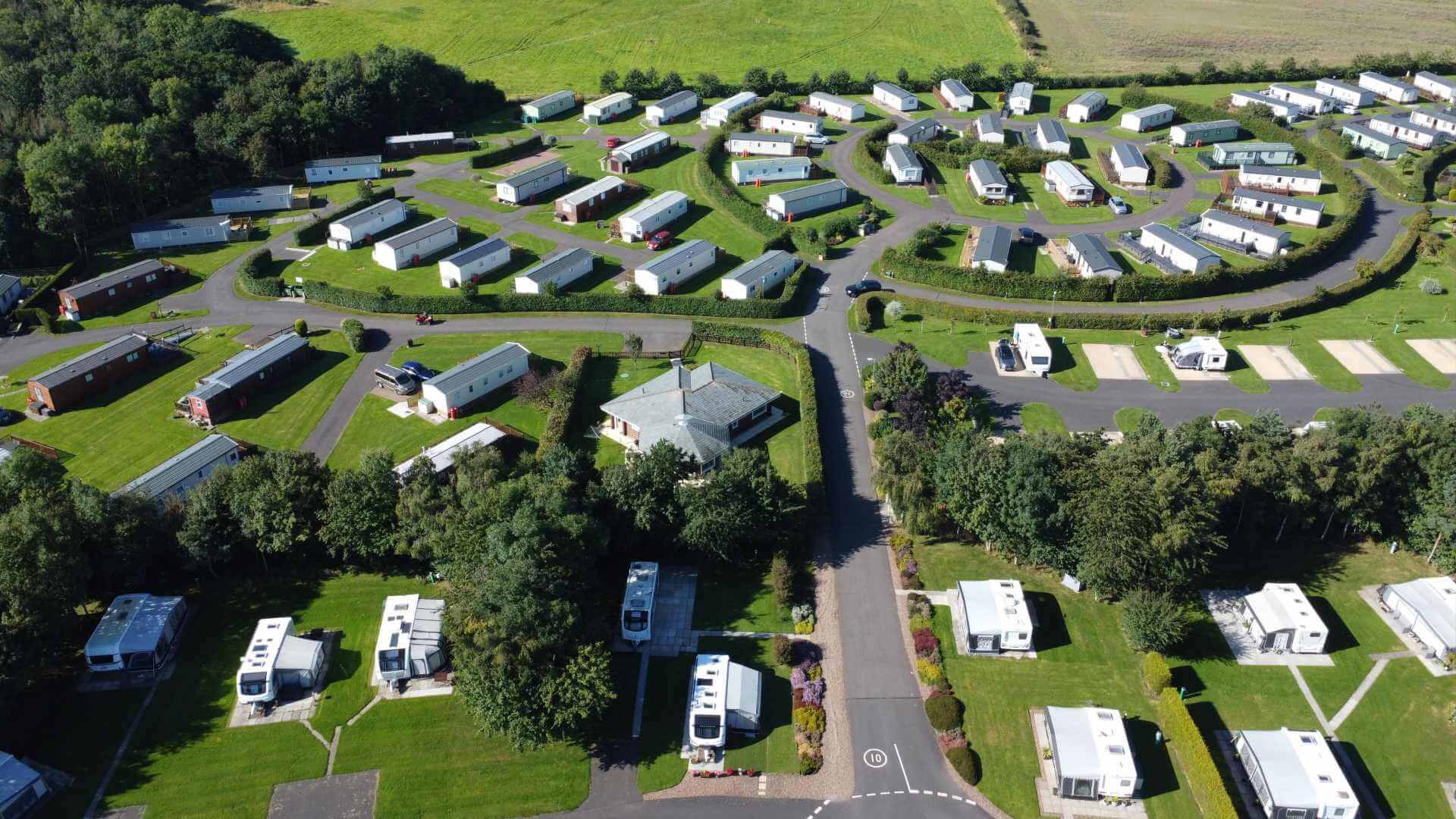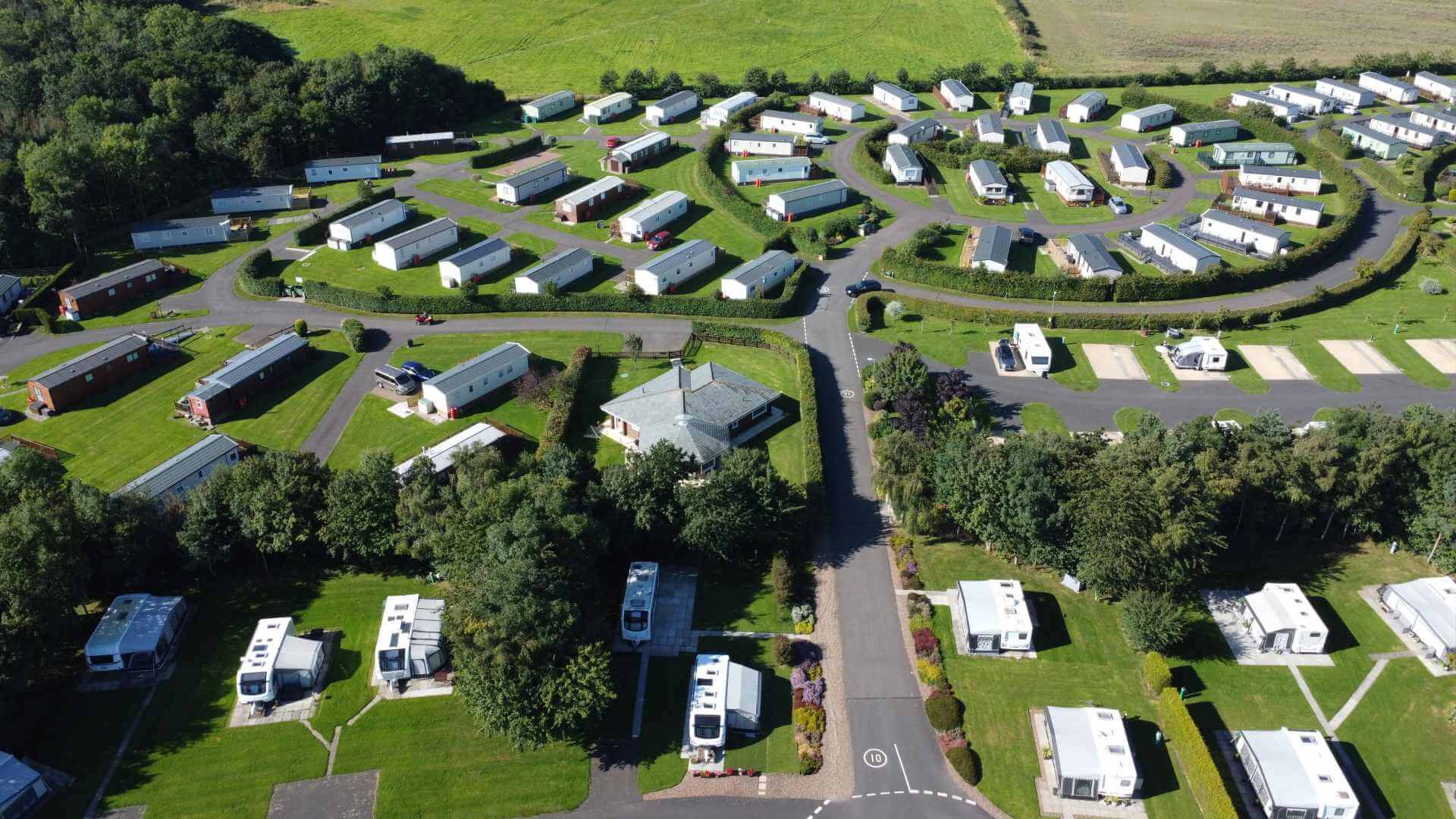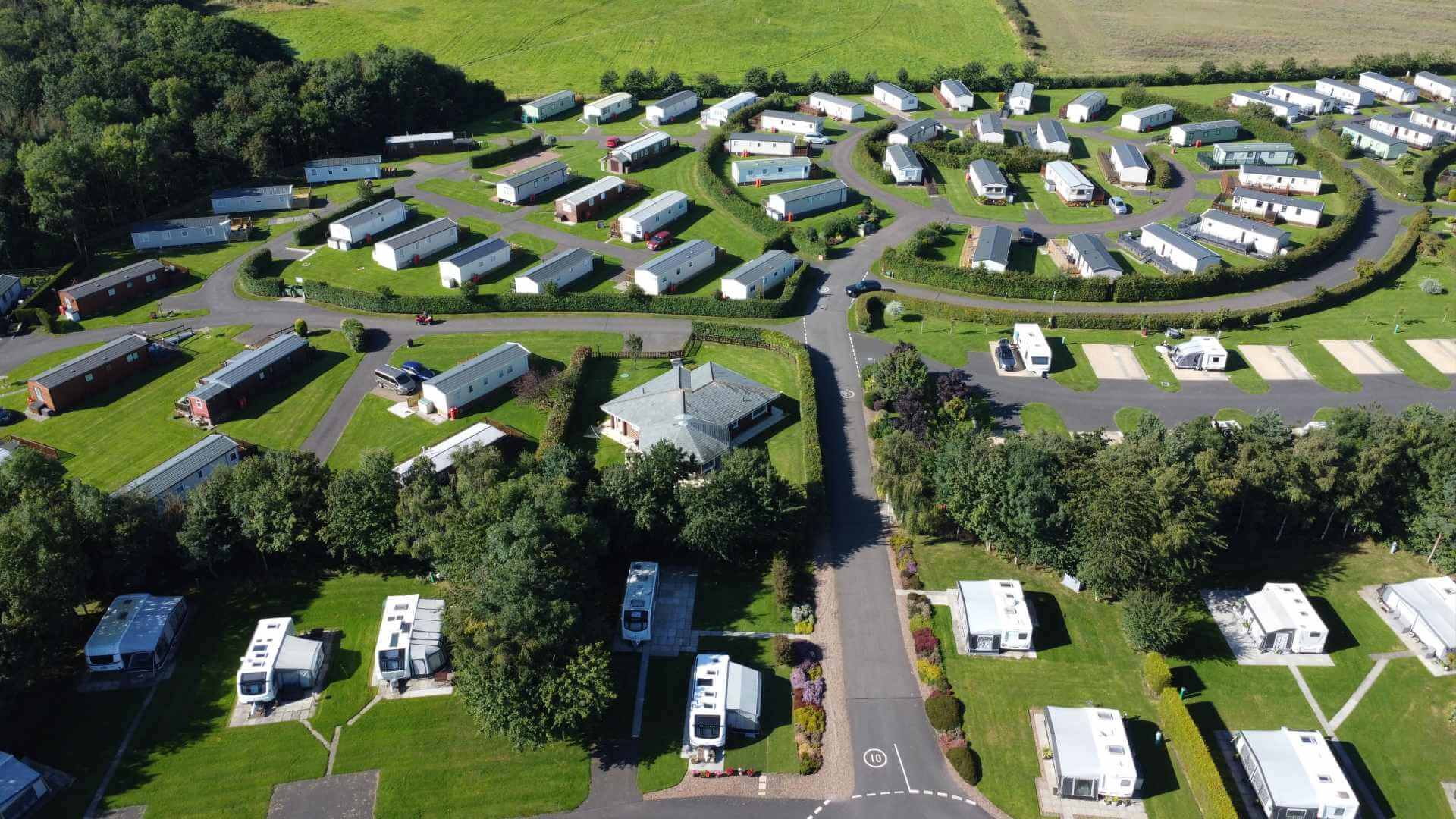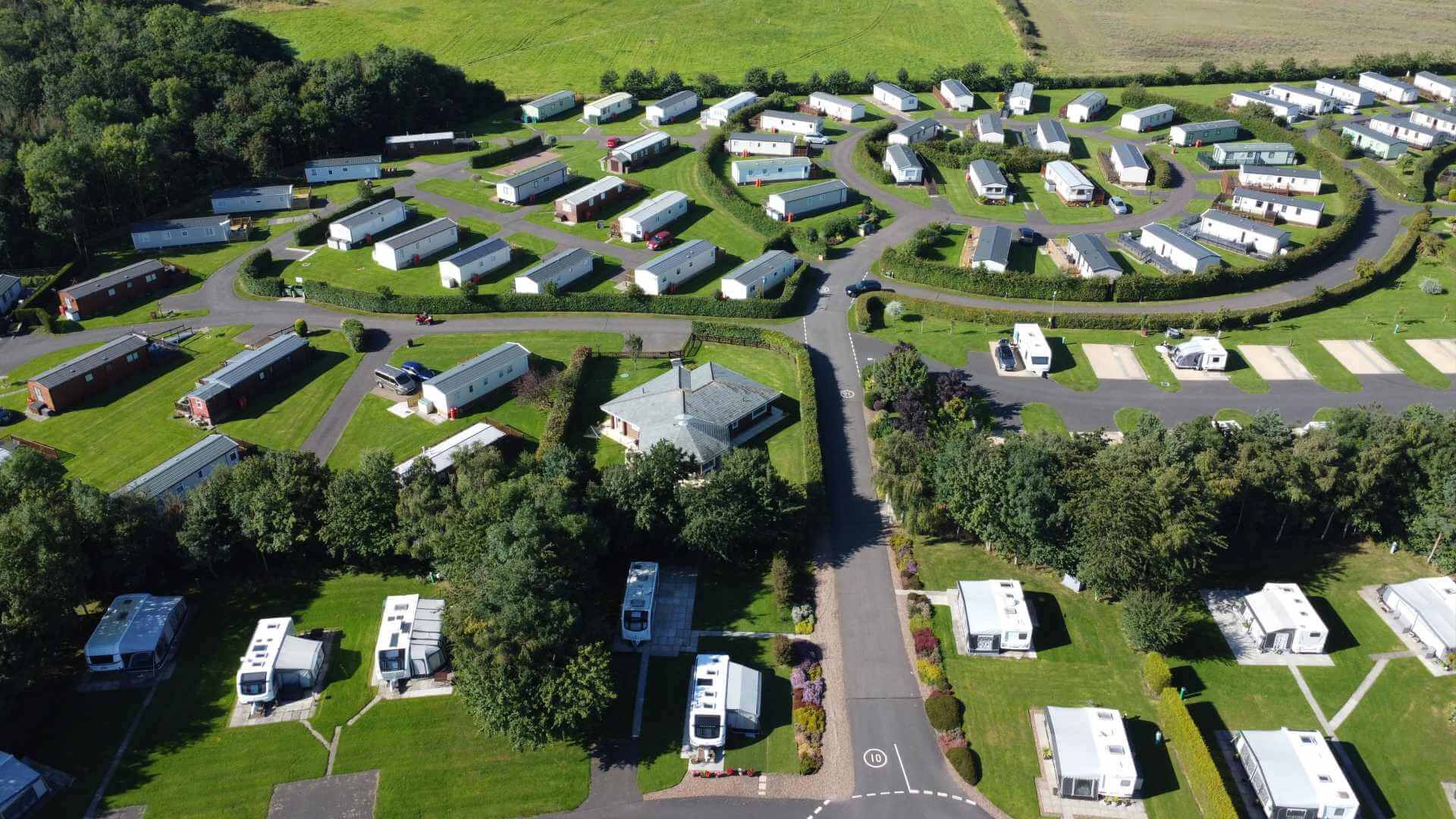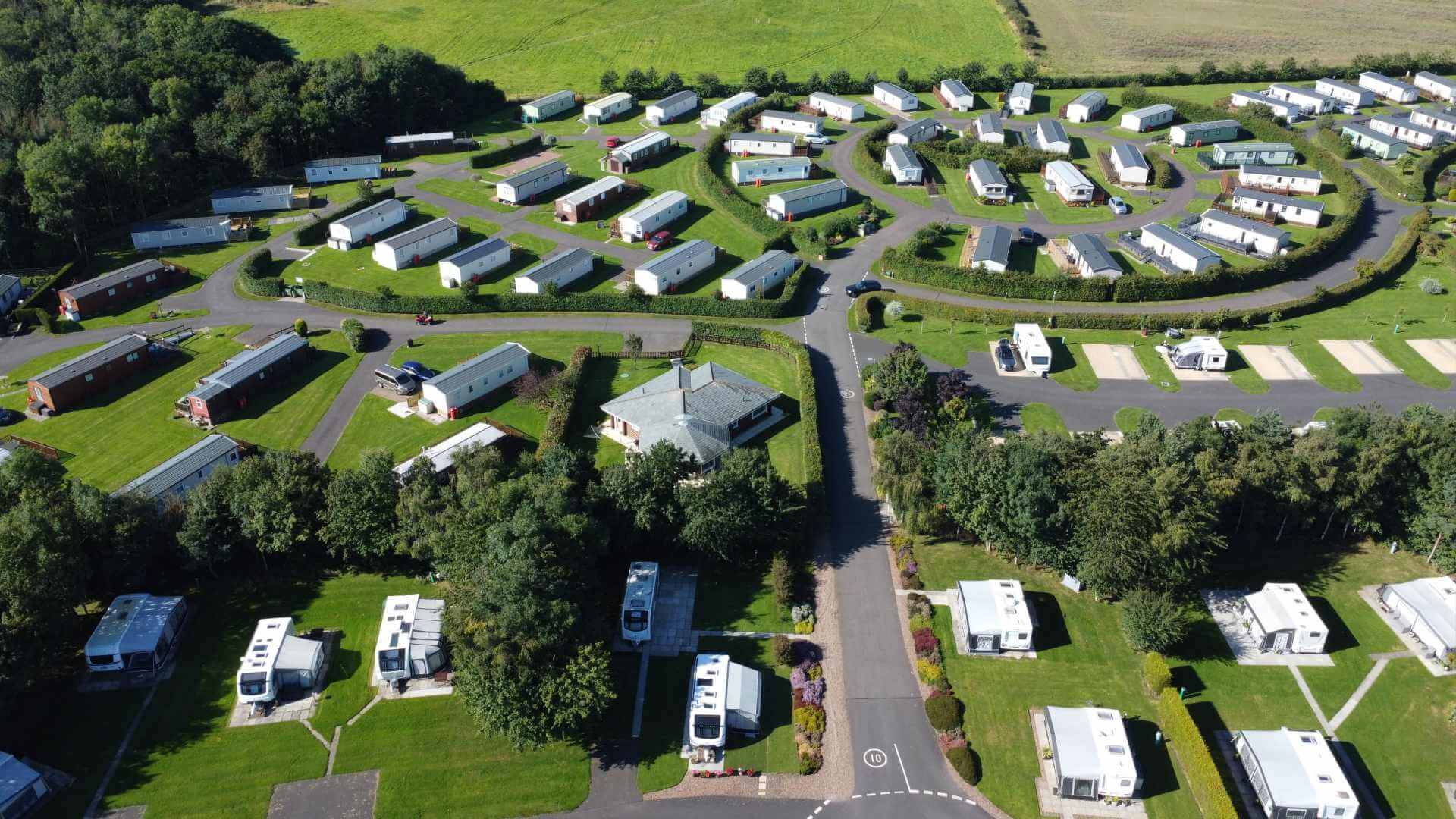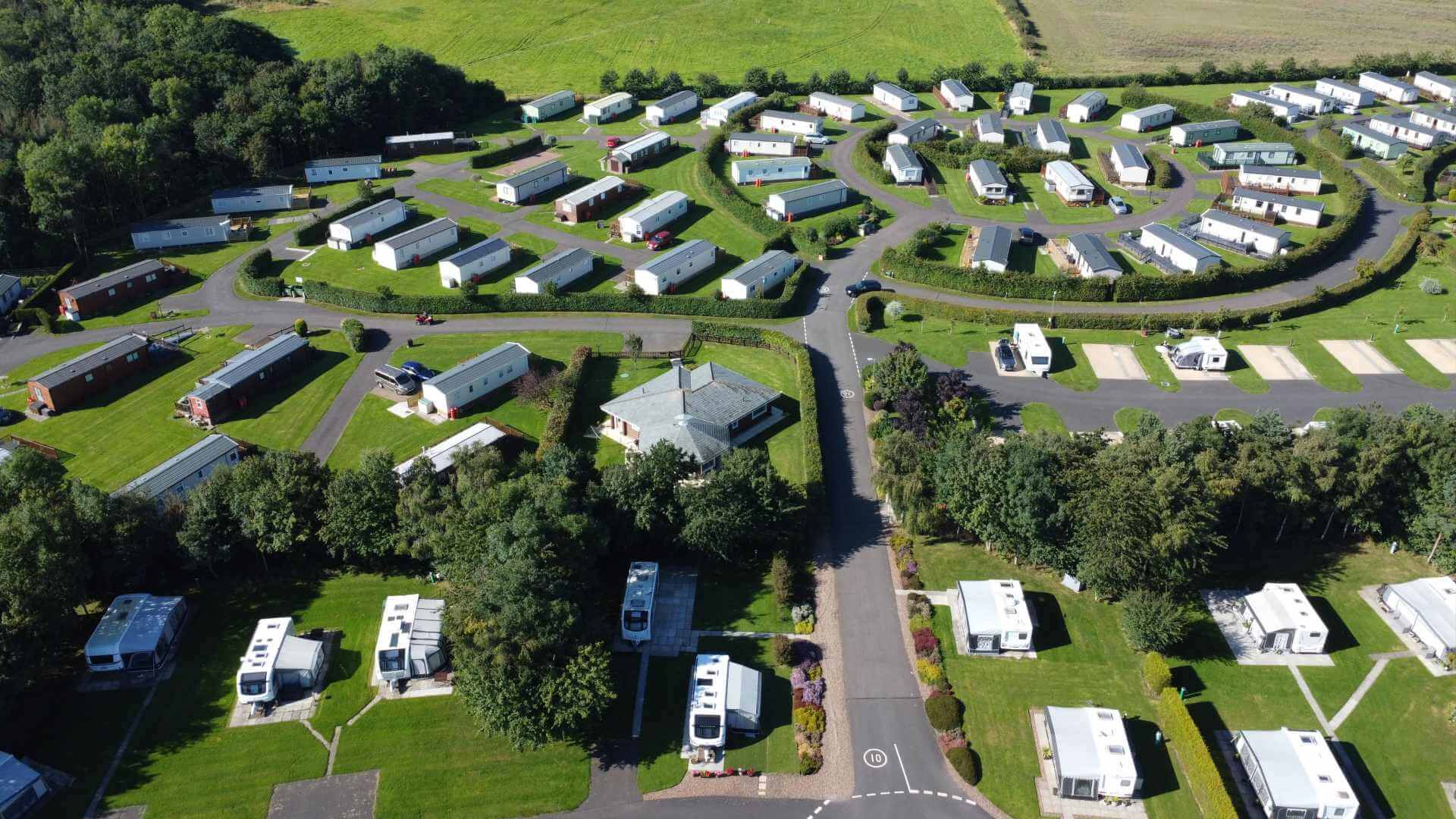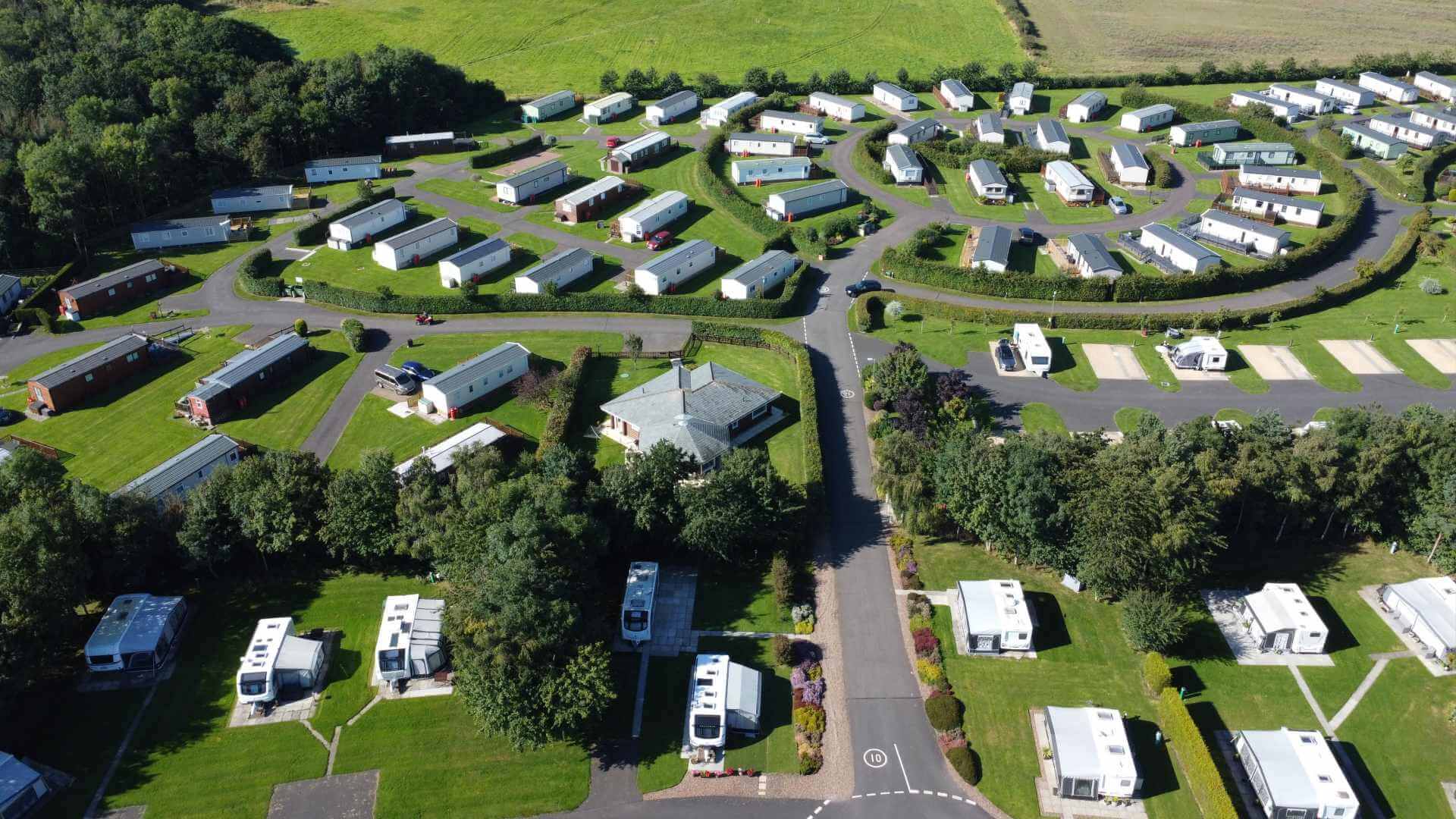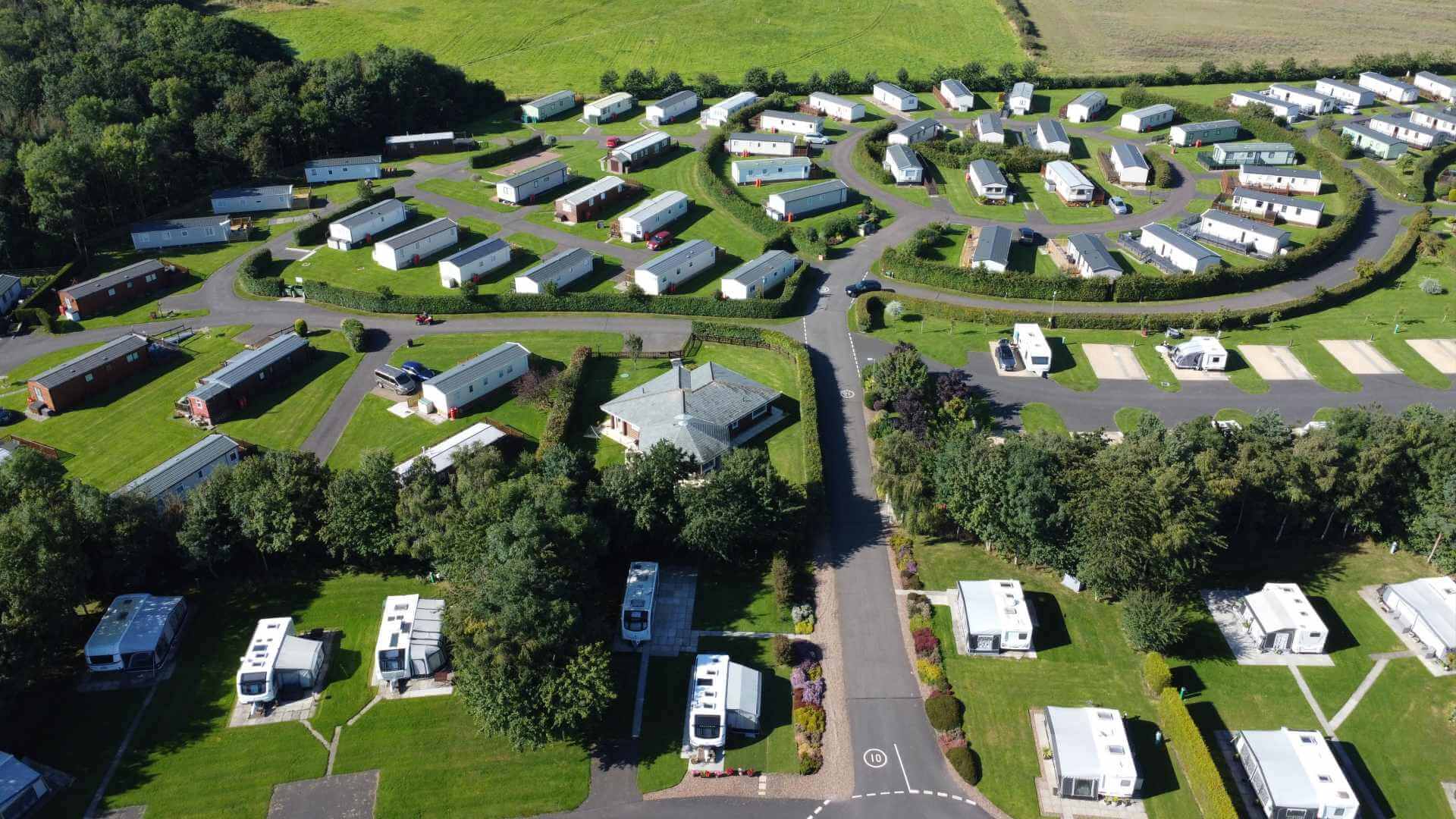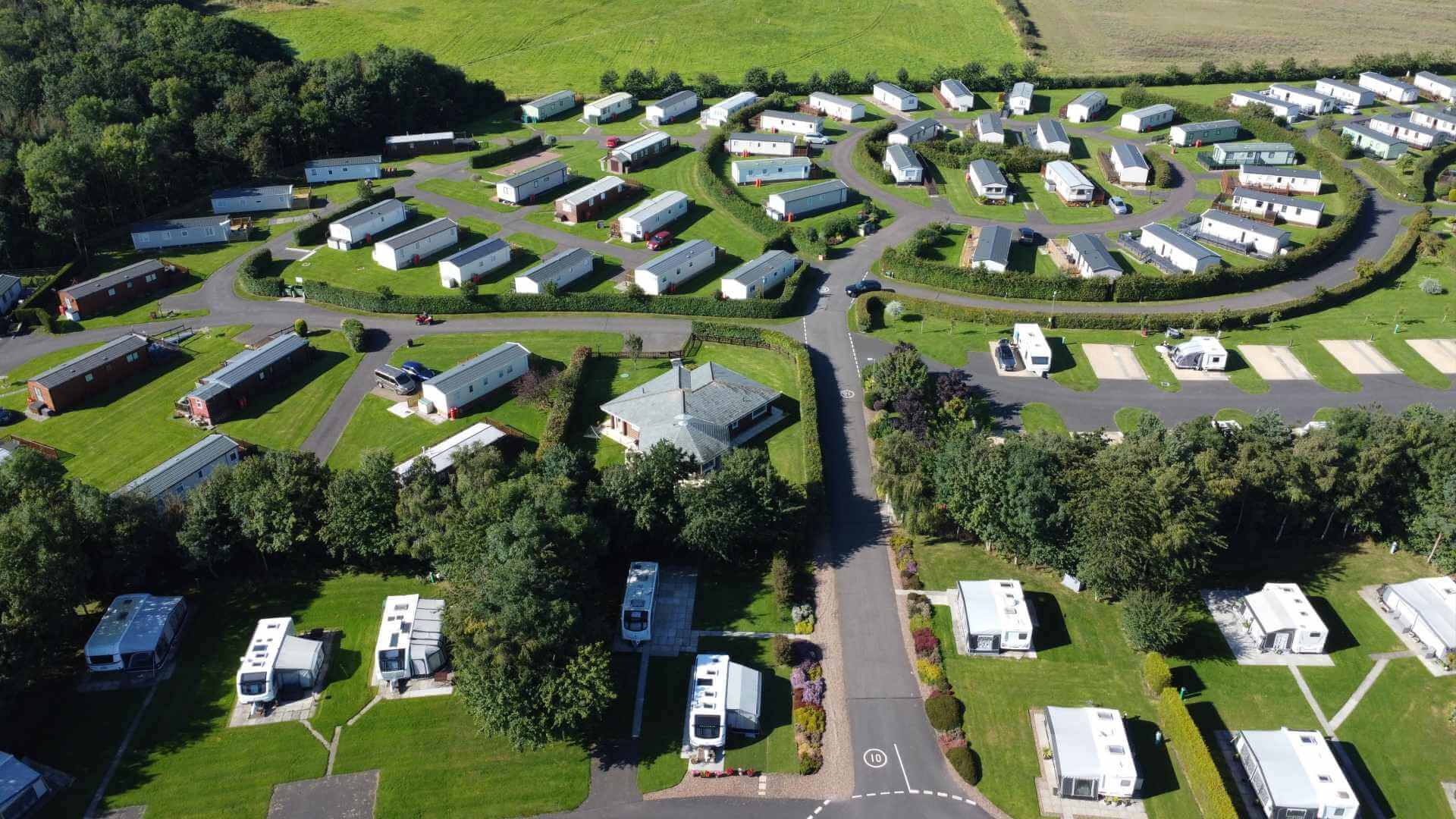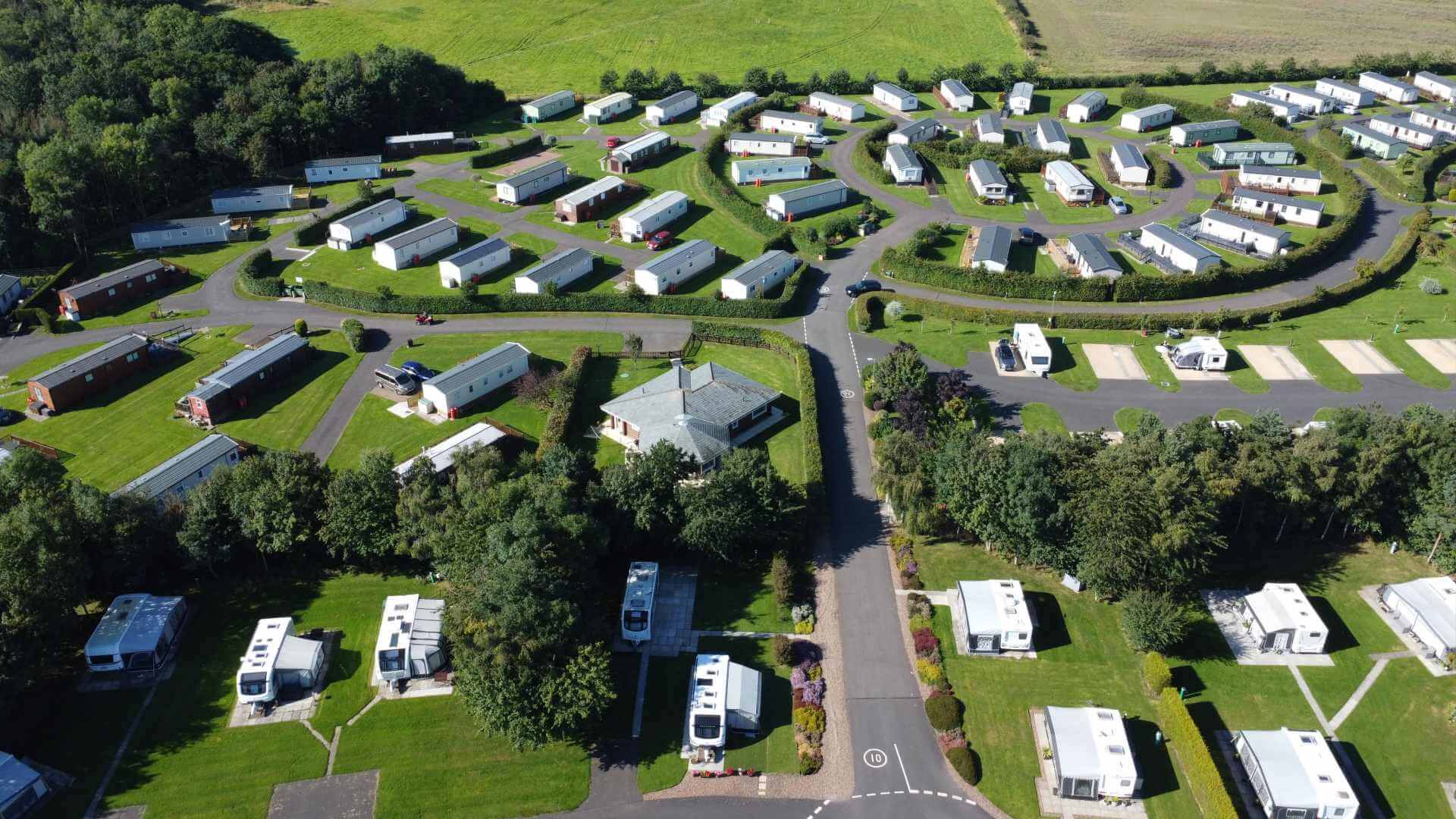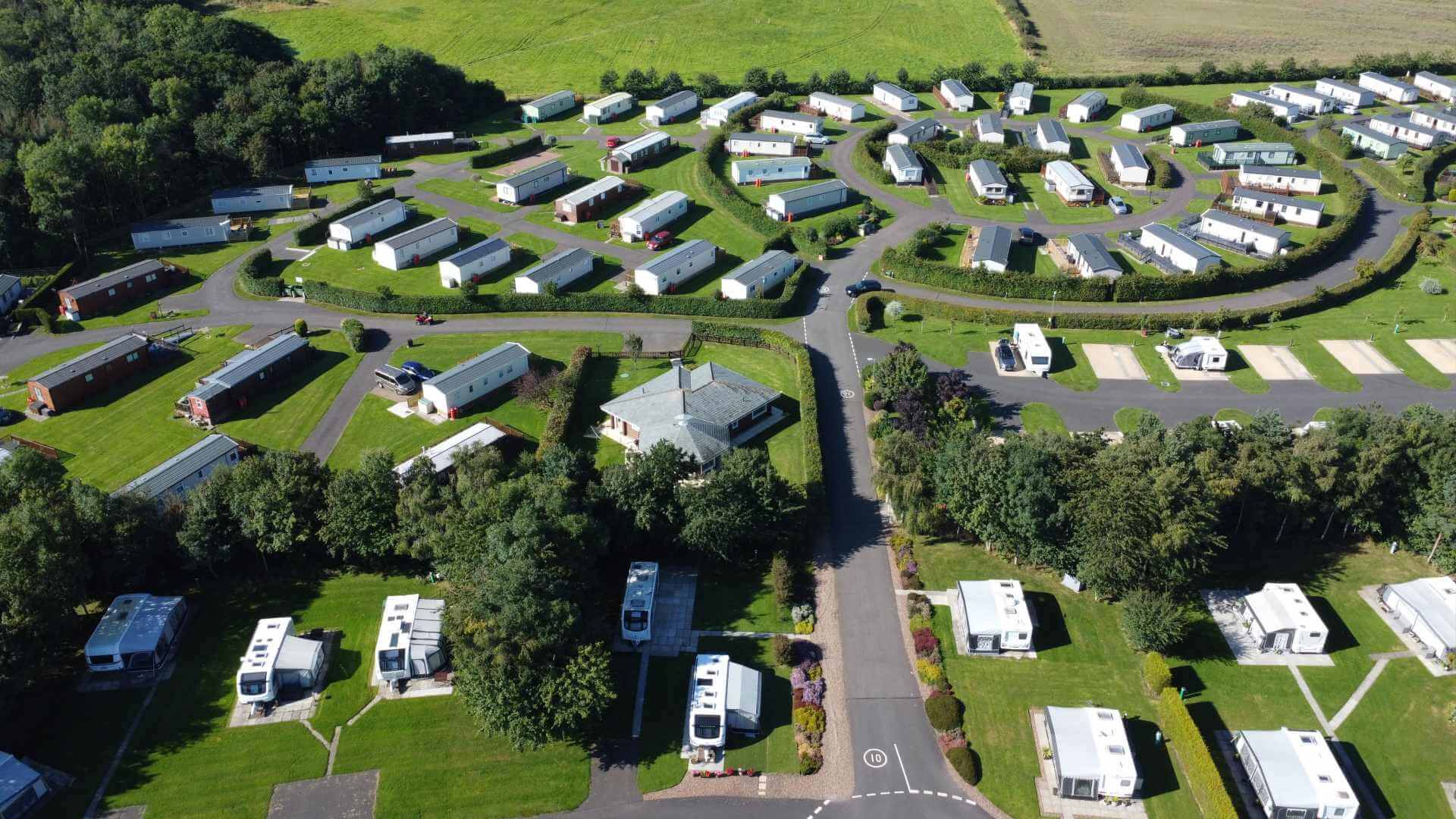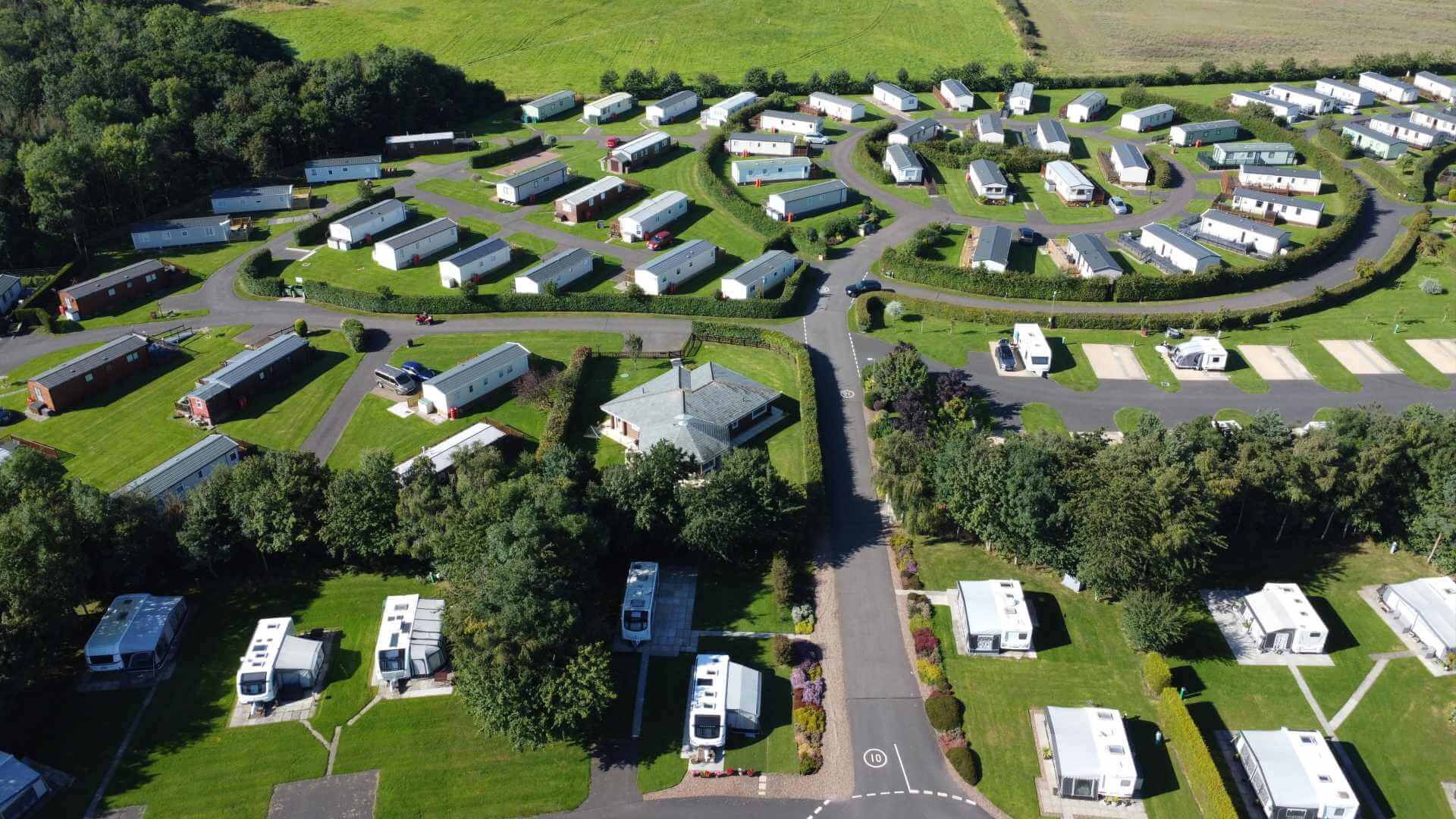Caravan parks and holiday parks face unique risks, with flooding being one of the most devastating threats to both business operations and …
Complete Caravan Park Insurance Guide: Protecting Your Holiday Park Business
Introduction
Operating a caravan park presents unique challenges and risks that require specialized insurance coverage. From seasonal weather damage to guest liability claims, caravan park owners face diverse exposures that standard business insurance policies may not adequately address. This comprehensive guide explores the essential insurance coverages needed to protect your caravan park business, helping you make informed decisions about your risk management strategy.
Understanding Caravan Park Risks
Property Risks
Caravan parks face significant property-related exposures including storm damage to static caravans, fire risks from electrical systems, flood damage to facilities, and vandalism during off-season periods. The outdoor nature of caravan parks makes them particularly vulnerable to weather-related claims.
Liability Exposures
Guest injuries from playground equipment, swimming pools, or uneven surfaces create substantial public liability risks. Additionally, damage to guests' touring caravans or vehicles while on your premises can result in costly compensation claims.
Business Interruption Threats
Seasonal businesses like caravan parks are particularly vulnerable to business interruption. Storm damage during peak season, flooding that prevents access, or utility failures can result in significant lost revenue that may be difficult to recover.
Regulatory Compliance
Caravan parks must comply with various regulations including site licensing requirements, health and safety standards, and environmental regulations. Non-compliance can result in fines, closure orders, and reputational damage.
Essential Insurance Coverages
Property Insurance
Comprehensive property coverage should protect all buildings, static caravans, amenity blocks, play areas, and infrastructure. This includes cover for storm damage, fire, flood, theft, and vandalism. Ensure coverage extends to outdoor equipment like playground facilities and swimming pool infrastructure.
Public Liability Insurance
Essential coverage for claims arising from guest injuries or property damage. This should include cover for accidents in swimming pools, playground areas, and common facilities. Minimum coverage of £2 million is recommended, though many parks opt for higher limits.
Employers Liability Insurance
Legally required if you employ staff, covering claims from work-related injuries or illnesses. This is particularly important for caravan parks where staff may work outdoors in various weather conditions and operate maintenance equipment.
Business Interruption Insurance
Protects against lost revenue following an insured event that prevents normal operations. For seasonal businesses, this coverage is crucial as interruption during peak periods can impact annual profitability significantly.
Professional Indemnity Insurance
Covers claims arising from professional advice or services provided to guests. This might include recommendations about local attractions, booking services, or safety advice that later proves inadequate.
Product Liability Insurance
Important if you sell goods or provide catering services. Covers claims arising from defective products or food poisoning incidents in on-site restaurants or shops.
Cyber Liability Insurance
Increasingly important as caravan parks digitize booking systems and store guest data. Covers costs associated with data breaches, cyber attacks, and regulatory fines under GDPR.
Legal Expenses Insurance
Provides cover for legal costs when defending employment disputes, health and safety prosecutions, or contract disputes with suppliers or guests.
Specialized Considerations
Static Caravan Coverage
If you own static caravans for rental, ensure these are adequately covered for their replacement value. Consider depreciation policies and whether coverage includes contents and fixtures.
Seasonal Variations
Many policies can be adjusted for seasonal operations, potentially reducing premiums during closed periods while maintaining essential coverages like property protection.
Swimming Pool Liability
Pools present significant liability risks requiring specialized coverage. Ensure your policy covers pool-related accidents and includes cover for rescue costs and emergency services.
Environmental Liability
Caravan parks may face environmental claims related to sewage systems, fuel storage, or contamination. Specialized environmental liability coverage may be necessary.
Touring Pitch Liability
Damage to guests' touring caravans while on your premises requires specific coverage, including damage from trees, flooding, or accidents during positioning.
Risk Management Strategies
Health and Safety Procedures
Implement comprehensive health and safety policies covering all areas of operation. Regular risk assessments, staff training, and maintenance schedules can help prevent claims and may reduce insurance premiums.
Guest Safety Measures
Clear signage, regular equipment inspections, and comprehensive guest information packs help minimize accident risks. Consider implementing guest registration systems that include safety briefings.
Emergency Procedures
Develop and regularly test emergency procedures for various scenarios including severe weather, medical emergencies, and evacuation procedures. Staff should be trained in first aid and emergency response.
Maintenance Programs
Regular maintenance of all facilities, equipment, and infrastructure helps prevent accidents and property damage. Document all maintenance activities as evidence of due diligence.
Security Measures
Implement appropriate security measures including CCTV, lighting, and access controls to deter theft and vandalism, particularly during off-season periods.
Choosing the Right Insurer
Specialist Knowledge
Select insurers with experience in caravan park risks who understand the unique challenges of seasonal holiday businesses. They're more likely to provide appropriate coverage and competitive pricing.
Claims Handling
Research insurers' claims handling reputation, particularly their approach to business interruption claims which can be complex for seasonal businesses.
Coverage Flexibility
Look for insurers offering flexible policies that can be adjusted for seasonal operations and changing business needs.
Risk Management Support
Many specialist insurers provide risk management advice, health and safety guidance, and loss prevention services that add value beyond basic coverage.
Cost Factors
Location Risks
Coastal locations may face higher premiums due to storm and flood risks, while inland parks might have different risk profiles affecting pricing.
Size and Facilities
Larger parks with more facilities typically face higher premiums, but may benefit from economies of scale and better risk spreading.
Claims History
Previous claims significantly impact premiums. Maintaining good claims records through effective risk management helps control costs.
Security Measures
Investment in security systems, fire prevention, and safety equipment can help reduce premiums through lower risk profiles.
Seasonal Adjustments
Some insurers offer seasonal premium adjustments for parks that close during winter months, though essential coverages must be maintained.
Common Exclusions
Wear and Tear
Standard policies typically exclude gradual deterioration, emphasizing the importance of regular maintenance programs.
Flood Coverage
Flood coverage may be excluded or limited, particularly for high-risk locations. Separate flood insurance may be necessary.
Terrorism
Terrorism coverage is often excluded from standard policies but can usually be added for an additional premium.
Cyber Risks
Older policies may not include cyber coverage, making separate cyber insurance essential for modern caravan park operations.
Claims Process
Immediate Response
Implement procedures for immediate claim notification and emergency response. Quick action can minimize damage and demonstrate good risk management.
Documentation
Maintain detailed records of all incidents, including photographs, witness statements, and immediate actions taken. This documentation supports claims processing.
Business Continuity
Develop business continuity plans to minimize interruption following insured events. This might include arrangements with other parks or temporary facilities.
Professional Support
Consider appointing loss adjusters or claims specialists familiar with caravan park operations to ensure fair settlement of complex claims.
Regulatory Compliance
Site Licensing
Ensure insurance coverage meets site licensing requirements, which may specify minimum coverage levels for public liability and other risks.
Health and Safety Regulations
Maintain compliance with health and safety regulations through regular inspections, staff training, and appropriate insurance coverage for regulatory defense costs.
Environmental Regulations
Understand environmental compliance requirements and ensure appropriate insurance coverage for environmental liability risks.
Data Protection
GDPR compliance is essential for businesses handling guest data. Cyber insurance should include regulatory defense and fine coverage.
Seasonal Considerations
Peak Season Preparation
Review and update insurance coverage before each season, ensuring adequate limits for expected occupancy levels and any new facilities or services.
Off-Season Protection
Maintain essential coverages during closed periods, including property protection, security, and maintenance access for essential services.
Weather Monitoring
Implement weather monitoring systems and emergency procedures to minimize storm damage and support insurance claims with documented preventive measures.
Maintenance Scheduling
Schedule major maintenance during off-season periods to minimize business interruption and ensure facilities are in optimal condition for peak season.
Future Considerations
Climate Change
Increasing severe weather events may affect insurance availability and pricing. Consider long-term risk management strategies and coverage adequacy.
Technology Integration
Digital booking systems, smart facilities, and IoT devices create new risks requiring updated insurance coverage and cyber protection.
Changing Guest Expectations
Evolving guest expectations for facilities and services may require additional insurance coverages and higher liability limits.
Regulatory Changes
Stay informed about regulatory changes affecting caravan parks and ensure insurance coverage adapts to new requirements.
Conclusion
Caravan park insurance requires specialized knowledge and comprehensive coverage to address the unique risks facing holiday park operators. From property damage and guest liability to business interruption and cyber risks, caravan parks face diverse exposures that demand careful risk assessment and appropriate insurance protection.
Working with specialist insurers who understand caravan park operations ensures access to appropriate coverage, competitive pricing, and valuable risk management support. Regular policy reviews, effective risk management, and maintaining good claims records help optimize insurance costs while ensuring adequate protection.
The seasonal nature of caravan park operations adds complexity to insurance arrangements, requiring flexible policies that can adapt to changing operational patterns while maintaining essential protection year-round. Investment in risk management, safety systems, and staff training not only improves guest safety but can also help reduce insurance costs through demonstrated risk control.
For caravan park owners, insurance should be viewed as an essential business tool that enables confident operation while protecting against the financial impact of unforeseen events. With appropriate coverage and effective risk management, caravan park operators can focus on providing excellent guest experiences while knowing their business is properly protected.


 0330 127 2333
0330 127 2333
